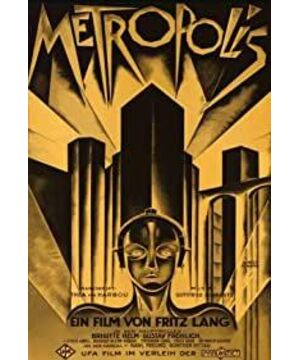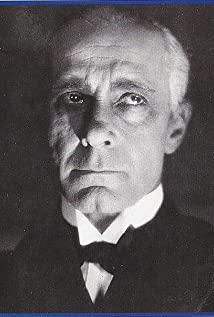After watching this film, the thing that strikes me the most is the confrontation of class division, and the loss of control (or intentional use) of technology... 1. Class: the exploitation of capitalists, the destruction of proletarians. The film emphasizes, "The brain and the hands, the coordinator is the heart." To lead people to be kind, is this really religion? Perhaps it seems to me that Emil Durkheim's social division of labor ... I am most impressed by the blindness, as Hesse wrote: "The majority replaces power, the law replaces violence, and the vote replaces responsibility." The crowded heads and the unpredictable group anger left me feeling the collective numbness that no one thought about... 2. Technology. In 1927, he began to reflect on the influence of robots on people who do not have the ability to identify, just like people in modern society who are led by the nose of public opinion on mobile phones. Living in an information cocoon room and optimizing algorithms, happily acting as a leek... When technology is deliberately used, it becomes a tool for manipulating others and satisfying people's selfish desires, it must be scary. But isn't this technology? 3. Finally, human nature: "What I'm really afraid of are those who uncritically accept and fully believe Aoki's statement, the easy-to-accept opinions who don't make or understand anything themselves, and just follow what others sound like. People who dance collectively to the drumbeat. They don't even think about - even a flash of thought - whether what they are doing is wrong or not, and they have no idea that they may harm a person needlessly and fatally, no matter what their actions may bring. They will not be held responsible for any consequences." - Haruki Murakami
View more about Metropolis reviews











